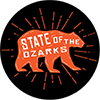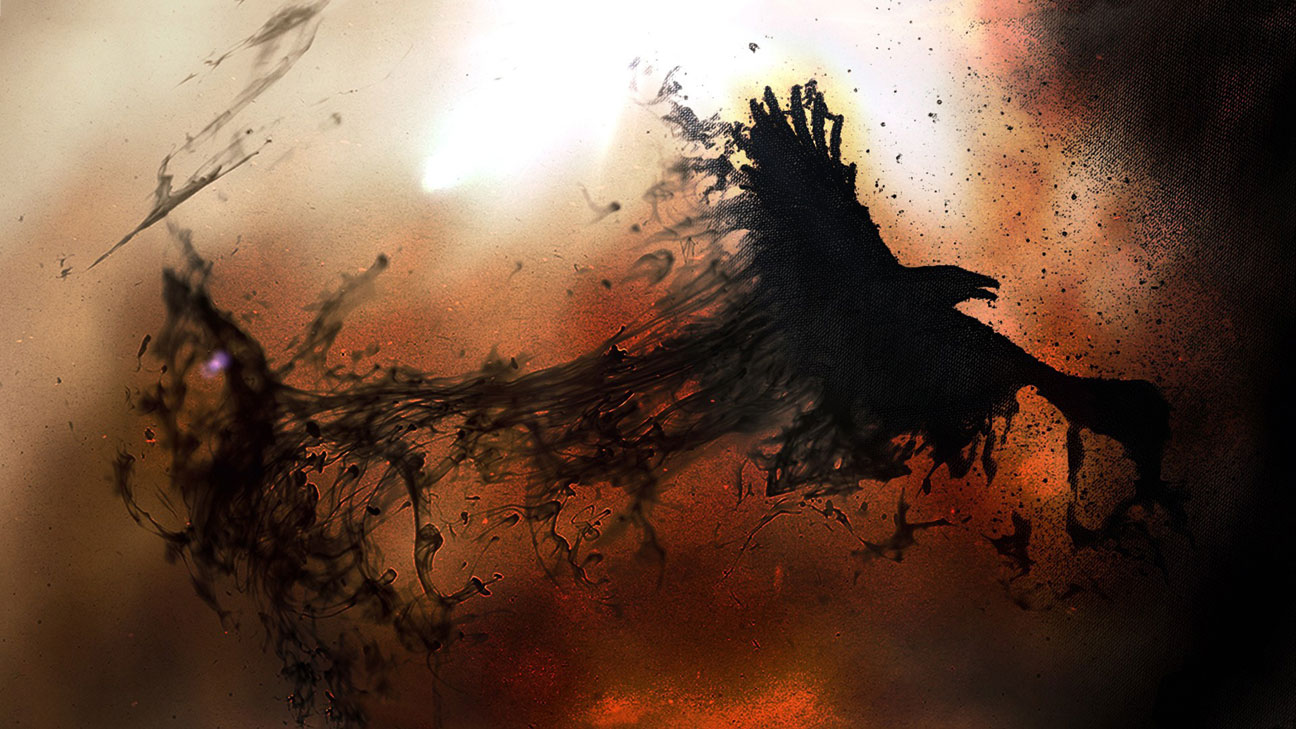The Sluagh
by Joshua Heston
It was a day I’ll never forget as long as I live. I was a young priest then, fresh out of Dublin. A city boy as sure as the world. Assigned to a godforsaken western isle of Ireland on the far-flung coast of County Clare. It was a beautiful, harsh land with a backwards, difficult people for whom I, at the time, had little patience and I had been summoned to a dying man’s house.
Mr. Brannon was his name.
He lived alone in a tiny windswept cottage overlooking the western sea. All the roofs were thatched then and barley fields surrounded the place. Near the gate, sheep grazed. His neigbor Mrs. Cavanaugh had curtly informed me that morning at church that I “must see to Mr. Brannon at once,” but it was a busy day and already the sun was low in the sky by the time I walked up the hills and, when there was no answer after rapping on the door, let myself in.
The cottage was low and dark but clean. Mrs. Cavanaugh saw to that and I went into the second room to find the old man, skeletal and breathing shallowly, lying on a simple bed. A tattered quilt was pulled up over his shoulders and there was stubble on his chin.
“He’s not lived a holy life,” said a voice behind me in the shadows and I jumped. Mrs. Cavanaugh had silently come in behind me. “Administer ‘the rites’ and be quick about it.”
I disliked Mrs. Cavanaugh with her curt way of speaking and her regular gossiping. And, in my youth and from my schooling, saw no reason to take orders from an old and uneducated Gaelic woman. I tried talking to Mr. Brannon, but his only response was that slow, shallow breathing. Just then, Mrs. Cavanaugh pulled shut the shutters on the west window, blocking out what little light there was to be had.
“Open those at once!” I demanded.
“We must not,” was the reply. “For he’s dying.”
“Rubbish! I can’t see a thing in this darkness,” I all-but shouted, shouldered past the old woman and pushed open the shutters.
What I saw outside I’ll never forget. The window looked out past the ripening barley fields, golden in the slanting sun. The evening breeze stirred the barley and it made a whispery noise above the sound of the distant sea. But beyond that, there was a strange stirring, like river reeds tracing against old stone, faint, harsh, whispery voices. A cloud moved on the horizon, faster than any natural thing, covering the setting sun.
The wind turned cold. The sky a strange brown. The cloud descended toward me like a hundred thousand crows, whispering voices in the darkness. Tattered wings, talons outstretched, eyes black, then red, in the darkness. The strange things swept past me in torrents. The force of the wind was a gale. Ragged curtains streamed. We were pushed to the floor and I watched as the ghost crows changed.
No longer birds, they were like men, pale and dark, ghastly hair streamed from their skeletal heads, cloaks black, flapping in the room. I reached out but could not touch them as they passed around me. Long, pale fingers reached for Mr. Brannon. They closed in upon him and his eyes opened wide in terror.
“Don’t let them take me!” he screamed over and over, scrambling with strength impossible to him only a few seconds before. Despite my own fear, I reached for him and he leaped — leaped — into my arms! As I caught him, the wind subsided. It seemed, for an instant, I saw two Mr. Brannons, one limp in my arms, the other floating in space before me, eyes wide in terror, mouth opened in a scream I could not hear. Pale white hands closed around him, pulling him down into darkness. Black feathers like crows’ fluttered before my vision and again, I heard their strange cries, this time like lost children in the night.
Mr. Brannon lay dead.
“The Sluagh,” whispered Mrs. Cavanaugh, crouched in a corner. “They are the unforgiven. They are the cloud of death.”








